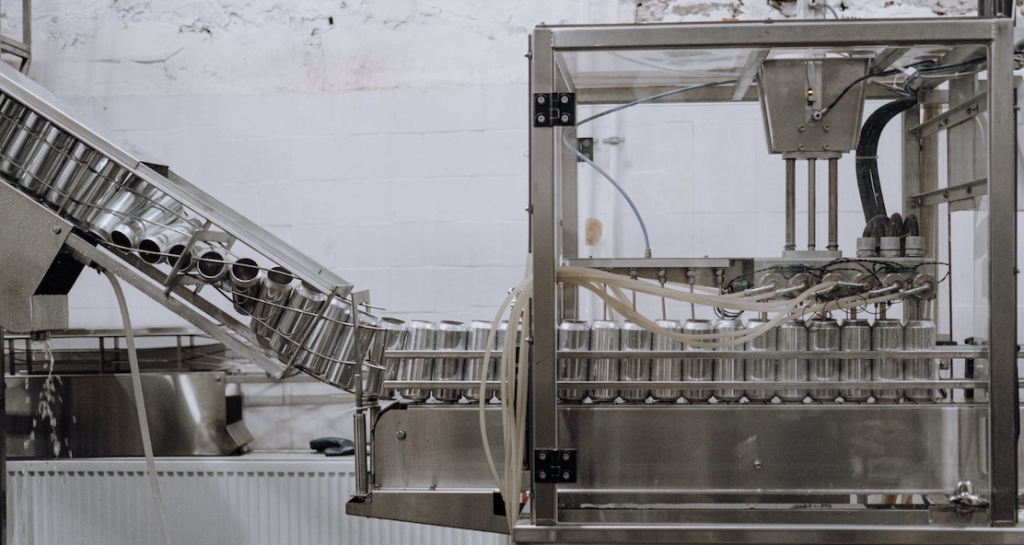
It’s easy to understand and hard to ignore the popular sentiment around automation.
With the world we live in, the idea of blue-collar jobs being completely replaced by the thousands by robots that don’t take breaks or need a wage is terrifying. Eventually any job that doesn’t need complex on-the-fly decision making (and even many that do) may be phased out.
So, why is this a bad thing?
Well, it seems pretty obvious. Having a job is nice. Losing a job sucks. A reality many people share is having the largest employer in a small town lay off most of the population—and with no other opportunities, this is potentially life-ruining.
This situation will only become more and more common as automation technology improves. Delivery drones, self-driving vehicles, those little robot cars that deliver for Postmates—the hardware is there, and the software is catching up fast. Even as someone who plans to work in robotics (especially as someone who plans to work in robotics), it’s hard not to feel bad for potentially being responsible for upending an industry.
And so the question changes: Robots aren’t literally going out and taking people’s jobs, so whose fault is it?
You could say it’s the human workers’ faults for not being irreplaceable, or maybe the inventors’ faults for providing the means of replacement, or the managers’ faults for choosing the option that values profit margin over employee livelihood.
I don’t believe any of these opinions are useful ones.
It’s cruel to conclude that if people don’t want to lose their jobs to automation, then they shouldn’t work in those jobs. It’s unfair to claim that engineers are responsible for the ways other people use the technology they develop. It’s unreasonable to expect factory managers to employ more people than is useful simply for the sake of more employment.
The Luddites of England, now best known as a derogatory term for someone afraid of technology, weren’t afraid of the looms they destroyed; they were afraid of losing their income to automation in the harsh economic environment of the Napoleonic Wars. Deconstructed, it’s almost depressing. Imagine being in such a horrible situation that you’re begging for an opportunity to work in a nineteenth century textile mill.
The point here is that the Luddites ultimately failed, and the looms that replaced them are still automated two hundred years later. There aren’t people protesting to get rid of those looms so we can go back to weaving everything by hand, because it’s faster and cheaper to both produce and buy. The impact of automation is temporary, and in the long term, it may make society better for everyone, but that temporary impact is not something we can just ignore.
So, what can we do? If we’ve determined that this technological progression is nobody’s fault and that there are unavoidable negative effects when it happens, but we also want it to keep happening, did we even get anywhere?
If we had an impossibly ideal job market where everyone worked their dream job at the wages they wanted and no company was under- or over-staffed, then everyone would see automation with stars in their eyes. The invention of windmills made flour cheap, fast and easy. The invention of the mechanical loom did the same for fabrics, the invention of the automated automobile assembly plant did the same for cars and, someday soon, artificial intelligence will do the same for deliveries and transportation.
There’s no easy solution to this. Technology will continue to be invented, paperwork will be signed, people will lose their livelihoods and profit margins will soar, no matter what we do. Maybe someday employment will be so available that “keep the coal mines open for the sake of jobs” won’t be a political sticking point. Maybe not. All we can do is pay attention to what role we play in the cycle and ask ourselves what could be done to minimize the human impact.


